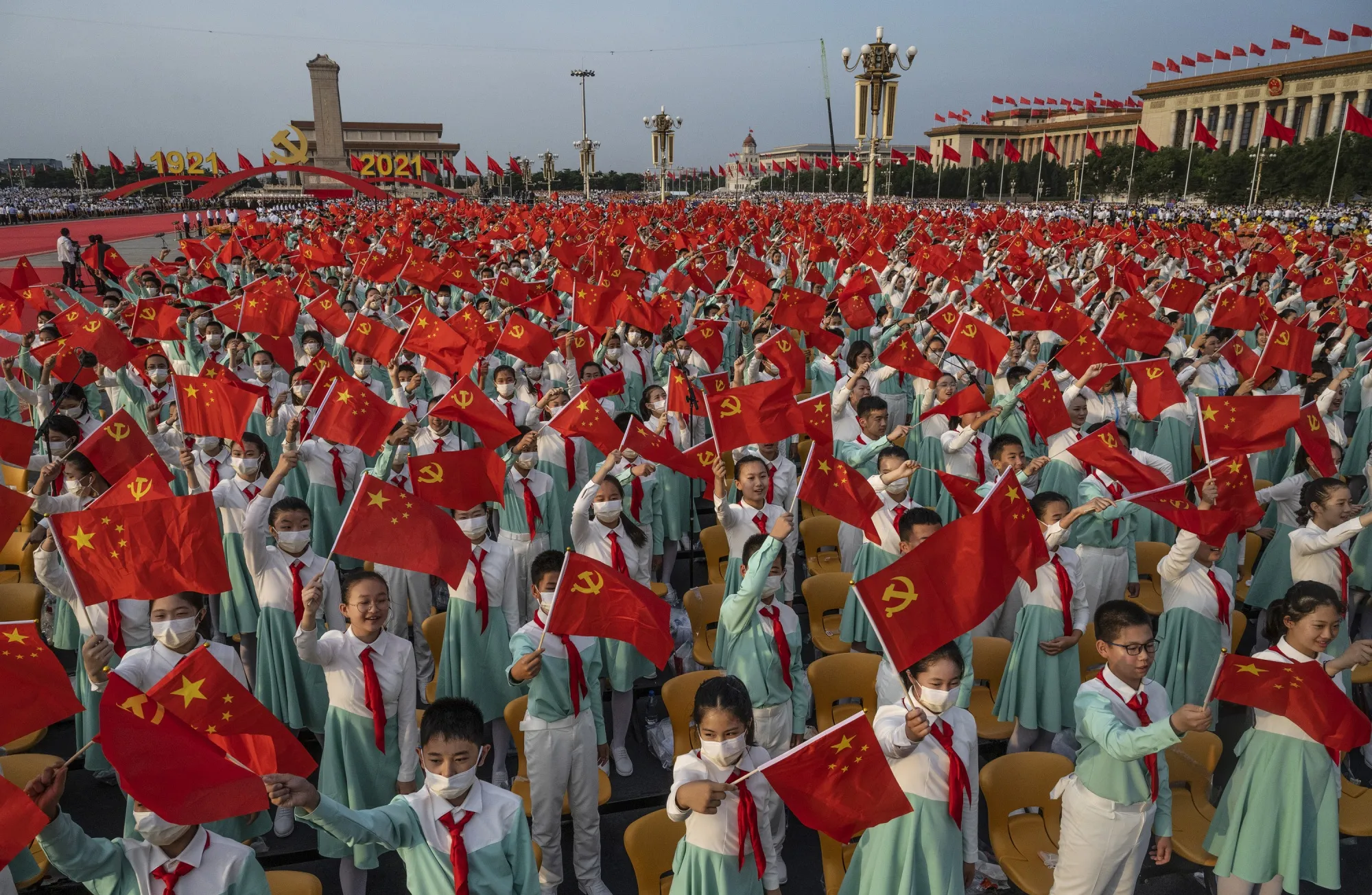China has set its GDP growth target for 2025 at “around 5%” and introduced stimulus measures to bolster its economy amid escalating trade tensions with the U.S. Beijing also raised its budget deficit target to “around 4%” of GDP, up from 3% last year, according to an official report released during the annual meeting of the country’s top legislative body.
This 4% deficit represents the highest level on record since 2010, surpassing the previous high of 3.6% in 2020. The government report outlined plans to issue 1.3 trillion yuan ($178.9 billion) in ultra-long-term special treasury bonds in 2025, an increase of 300 billion yuan from last year. Additionally, 500 billion yuan in special treasury bonds will be allocated to support large state-owned commercial banks. The widened fiscal package also includes 4.4 trillion yuan in local government special-purpose bonds to alleviate financial strains.
Lower Inflation Target Reflects Weak Domestic Demand
In response to sluggish domestic demand, Beijing revised its annual consumer price inflation target to “around 2%,” the lowest in over two decades, down from previous targets of 3% or higher. Consumer prices rose just 0.2% in both 2023 and 2024, while producer prices have been in decline for over two years.
To address weak demand, Beijing plans to expand its consumer goods trade-in program with an additional 300 billion yuan in ultra-long-term special treasury bonds. Officials acknowledged that achieving the 5% GDP target would require significant effort due to growing external uncertainties.
Employment and Economic Stability Prioritized
China aims to keep its urban unemployment rate at around 5.5% and create over 12 million new urban jobs. The government report emphasized fiscal support, measures to boost consumption, and policies to stabilize real estate prices. Officials highlighted that excessively low prices could discourage business investments and dampen income growth.
Trade Tensions with the U.S. Escalate
The announcement coincides with increasing trade friction between China and the U.S. President Donald Trump recently imposed additional tariffs of 20% on Chinese goods, prompting Beijing to respond with tariffs of up to 15% on certain U.S. products, restrictions on exports to 15 American companies, and the addition of 10 U.S. firms to its “unreliable entities” list.
Despite these tensions, Chinese officials expressed a willingness to engage in dialogue with the U.S. on the basis of mutual respect and reciprocity. However, they firmly rejected any form of pressure or coercion that might undermine China’s sovereignty and economic interests.
Economic Challenges and Market Reactions
China’s economy grew by 5% in 2024, but retail sales growth slowed to 3.4% from 7.1% in 2023. The real estate sector continues to struggle, with investment declining by 10.6% last year. Investors are closely monitoring Beijing’s stimulus efforts following a stock rally triggered by a high-level pledge of support in September.
Chinese President Xi Jinping recently held a rare meeting with business leaders, including Alibaba’s Jack Ma and AI startup DeepSeek’s Liang Wenfeng, to discuss economic challenges. Officials reiterated support for the private sector, with the National People’s Congress reviewing a draft law aimed at promoting private enterprise.
Experts Divided on Growth Prospects
While some analysts view the policy announcements as a sign of Beijing’s commitment to economic stability, others remain skeptical. Louise Loo, lead economist for Greater China at Oxford Economics, described the moves as “symbolic” but largely expected. Market reactions were muted, with the benchmark CSI 300 index showing little change.
David Kuo, co-founder of The Smart Investor, was more critical, calling the 5% growth target a “fantasy.” He noted that key growth drivers—consumer spending, private sector investment, government expenditure, and exports—are all facing significant headwinds.
As China navigates these economic and geopolitical challenges, the effectiveness of its stimulus measures and trade policies will be closely watched in the months ahead.






